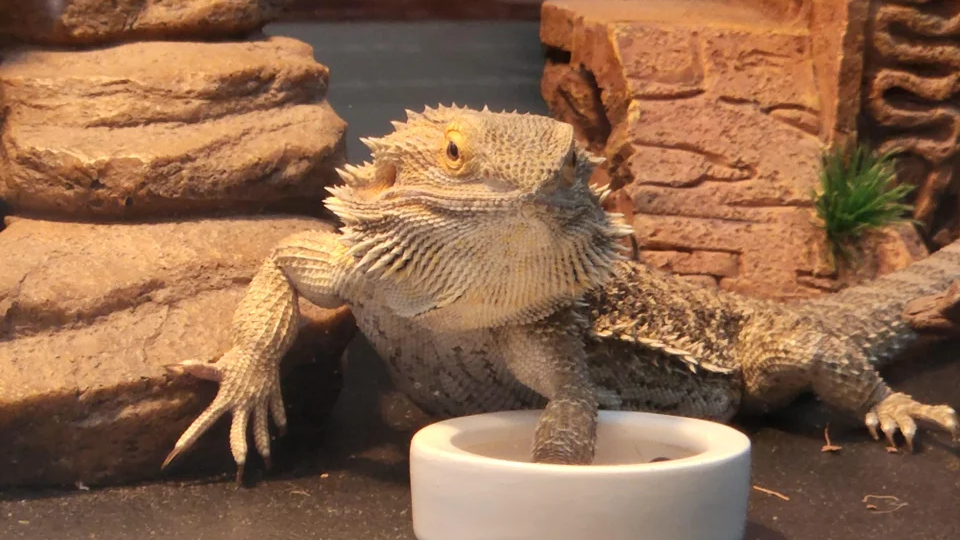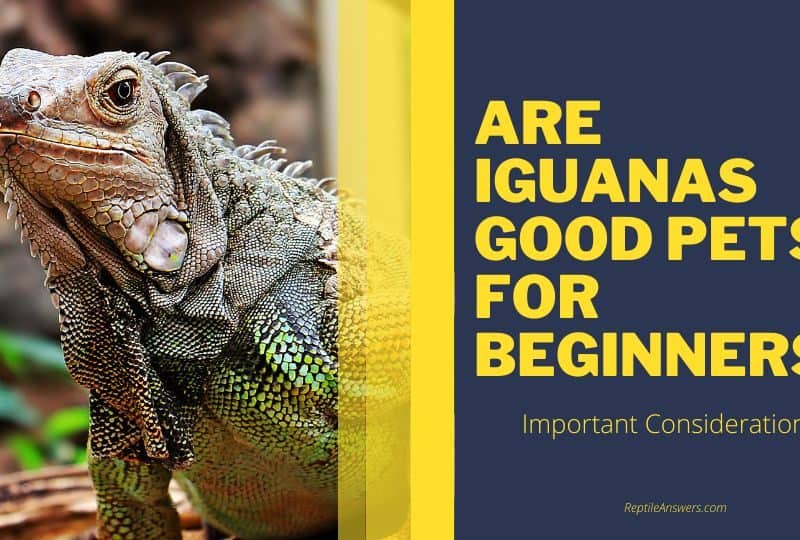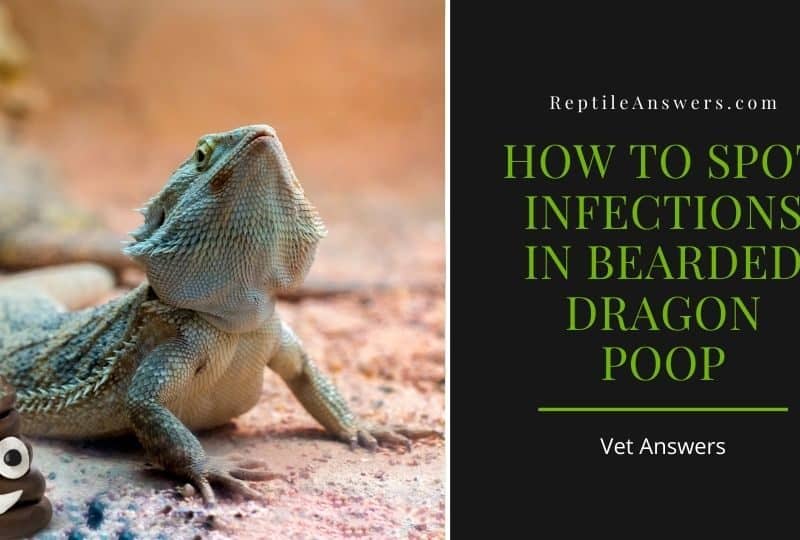You may have already heard that bearded dragons can eat hornworms. The truth is that these insects are not the best choice for your pet, especially since hornworms don’t provide your dragon with complete nutrition. While it’s possible to feed your beardie hornworms twice or thrice a week, you shouldn’t feed them hornworms every day.

Do Beardie’s Eat Hornworms?
Hornworms are an excellent treat for your bearded dragon, but you have to be aware of the drawbacks of giving your pet this treat regularly. Although hornworms are a tasty treat for bearded dragons, their protein and calcium content is not very high, and they are costly compared to other feeder insects. You should only feed your beardie hornworms occasionally, as too many worms may lead to indigestion and digestive problems.
If you feed hornworms to your beardie, you should serve it in moderation. A single worm per day is sufficient, but it’s better to serve it at least three times a week. You should also serve it with a piece of fresh vegetables or greens to prevent dehydration. This will also help your beardie enjoy its meal without becoming over-fed. Hornworms can also be fed on a daily basis.

How often to feed hornworms to bearded dragons
There are many ways to provide your bearded dragon with a healthy diet, but feeding hornworms to your reptile can be a challenging task. Because hornworms are so incredibly moist, it’s best to avoid offering your beardie a large meal too often.
While this can be tempting, too much hornworms can cause your beardie to become bloated and may even lead to diarrhea. To ensure your beardie receives adequate nutrition, you should feed them only one hornworm per two to three days.
When feeding hornworms to your beardie, you can choose a variety that’s rich in calcium and protein. Although hornworms are not the healthiest food option for your beardie, they’re a good choice if your reptile is dehydrated, tired, or sick.
Hornworms contain the same amount of protein as many other insects, but they’re also high in calcium. If you’re feeding your beardie a single meal, you may want to use another kind of insect for the other parts of the day.
Which insects bearded dragons eat
Choosing which insects your bearded dragon should eat is crucial for its health. The insects you choose should be about the same length as your dragon’s eyes, since larger insects will cause digestive issues.
Also, it’s best not to continuously feed your beardie the same insect, as rotating the diet will promote a more balanced diet. Below are a few examples of the types of insects your beardie likes to eat.
Dubia roaches are a great source of protein. They are low in fat and contain a balanced range of nutrients. Unlike crickets, they are very quiet and have a very low smell. They also breed naturally, which means that you don’t have to worry about harmful pesticides affecting your beardie’s health. Insects such as crickets are also good options.

Whether or not they eat cockroaches or crickets
If you’re a new beardie owner, you may be wondering whether or not you should feed your new pet cockroaches or crickets. Both of these insects are good choices. Both are highly nutritious and are easy to digest. Cockroaches also contain high levels of calcium, which bearded dragons require. They get their calcium from their environment when they molt.
Both cockroaches and crickets are suitable for bearded dragons. They are a source of protein, vitamins, and minerals that your beardie needs. Cockroaches are also relatively easy to obtain and can be kept fresh for long periods of time. Cockroaches are a better choice than crickets for several reasons. Cockroaches are much cleaner than crickets and don’t perish as quickly as crickets.
If you’re afraid of roaches, crickets are a good option for your beardie’s diet. They are inexpensive and easy to digest. If you can’t find roaches or crickets, you can also purchase meal worms.
Meal worms can be kept in the refrigerator or out. Meal worms will survive longer and enter a dormant state if they’re stored in the fridge. Crickets can be messy to maintain and can also carry parasites, so make sure you check your dragon regularly.
Conclusion
Bearded dragons are insectivores, which means that their diet consists mostly of insects. A bearded dragon’s diet can be supplemented with fresh vegetables or greens to prevent dehydration. This will also help your beardie enjoy its meal without becoming over-fed. Hornworms can also be fed on a daily basis.



